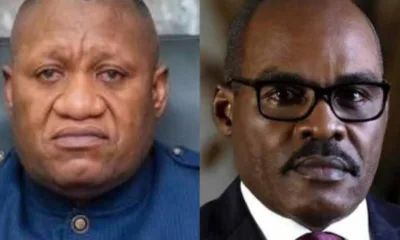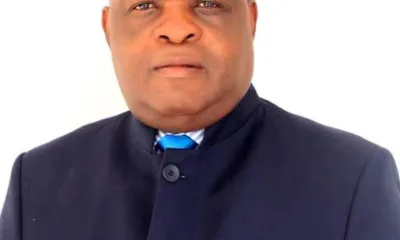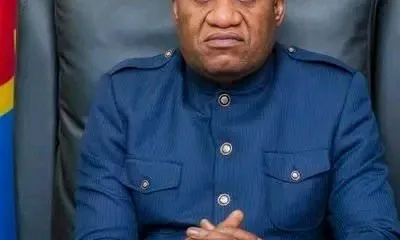Education
Southern African Developpement Community (SADC) should play role in preventing and managing violent election-related conflict

Élections are frequently associated with democracy and established political institutions. Elections are being held for the Southern African Development Community (SADC).
During the period of January 2023 to December 2024, elections would have been held in 11 of the 15 SADC member states.
Elections in several of these nations, like in the rest of Africa, have been marred by fraud or allegations of irregularities, so rather than being a source of good government and wealth, they continue to be a cause of political turmoil and instability.
Many nations continue to use partisan electoral administrators or electoral systems that were created to preserve the political status quo and consolidate previous election results.
Election fraud, corruption, and political violence are frequently accused. In certain situations, likeDemocratic Republic of the Congo, Zimbabwe, they result in protracted periods of political instability and stalemate, affecting the stability of the country and the region. The polls in Angola, one of the two Southern African nations that have so far had elections, were beset by controversies. Elections as well as the region’s overall democratization process are being hampered by recurrent disagreements and a lack of public trust in voting procedures.
Elections frequently serve as the arena for ideological, social, and economic conflicts that are both endogenous and exogenous to the electoral process itself because of how complicated, they are, along with the plethora of political sub-processes that make them up.
The numerous ways in which political parties and voters are linked by a strong moral affinity that also transcends generations and has its roots in the liberation struggle make electoral processes in SADC countries particularly unique.
Nonetheless, the democratic journey of SADC has never been without bumps, and the current elections have rekindled widespread public mistrust in electoral management organizations, which is cause for concern.
Lack of dependable and accountable institutions exacerbates the majority of election-related conflicts. One of the helpful tools is the SADC norms and principles, which serve as standards for the expansion of democracy in the area. The ideas upheld by thee area and the different nations may not always match up with practice.
Despite the existence of a democratic legal system, the need for self-preservation and the desire for democratic government frequently clash. While it is acknowledged that independent and impartial electoral commissions, media organizations, courts, and security agencies are necessary for democratic elections, the governments do not have the political will to put these requirements into practice.
Even in cases where entrenched violence and electoral fraud are evident, the SADC itself does not denounce electoral malpractices that dishonor its name. This has led a number of pundits to label the institution as ineffective and weak. This means that SADC must stop the vicious loop that keeps happening with each election cycle.
The SADC should condemn the persistent disregard for the regional electoral rules and call for respect for the law in order to break the pattern. They include asking governments how they respond when people criticize the way elections are conducted. Part of this is the democratic process.
Political parties are also a means of encouraging citizen participation in governance and citizen sovereignty. Because they occasionally bring up relevant issues, political parties’ contributions to the election process should not be undervalued, and their concerns should be taken into consideration.
Political parties should be invited to directly observe election acts, particularly the voting and ballot counting, in coordination with the electoral management organizations, and SADC should be leading the charge in promoting it.In addition, SADC should build and empower civil society, as they play a crucial role in a democracy in terms of conflict prevention and transformation in the run-up to elections. Governments typically view civil society with distrust, with the possible exception of churches, which might contribute more positively to conflict prevention. In nations like Zimbabwe, the government has passed some repressive laws to limit the space for the opposition, especially those thought to hold opposing views with the government. Such practices prevent the civil society from carrying out its checks and balances role in overseeing democratic elections. Accordingly, electoral conflict in SADC is not always directly related to the elections themselves but rather to their larger political context, such as the polarization of interests to control the state and its wealth, extreme poverty, and social exclusion, and the civil plays a key role in challenging this status quo. It is necessary to consider the civil society as a potentially significant actor in civic education, domestic election monitoring, as well as the localization of conflict.
DRUSILLE LUPULA and ABANZA Rachel are international Relations students at Africa University, Zimbabwe

-

 Politiqueil y a 4 ans
Politiqueil y a 4 ansRDC -Rénovation du sénat : non satisfaite de la réponse de Thambwe Mwamba, la sénatrice Goya exige une commission d’enquête parlementaire
-
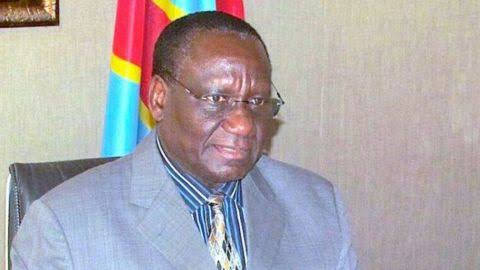
 Politiqueil y a 4 ans
Politiqueil y a 4 ansRDC: le premier ministre annule l’arrêté nommant les Secrétaires généraux de l’administration
-

 Educationil y a 4 ans
Educationil y a 4 ansRDC-EPST : Le président Tshisekedi donne le go de la reprise des cours à l’institut de la Gombe
-
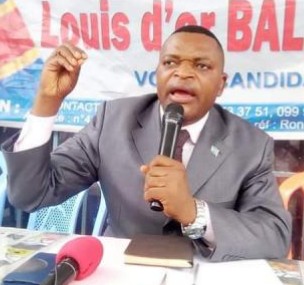
 Sociétéil y a 4 ans
Sociétéil y a 4 ansPlusieurs morts à Kinshasa après inondations : Louis d’or Balekelayi dénonce le silence coupable des élus de Mont Amba
-
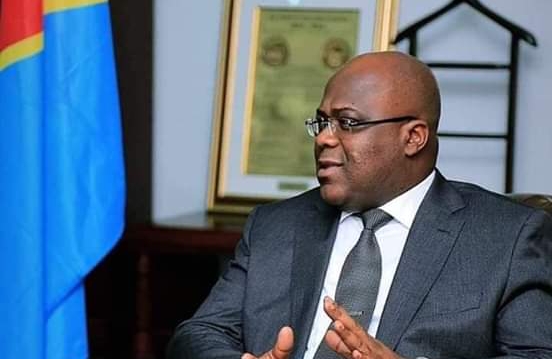
 Politiqueil y a 5 ans
Politiqueil y a 5 ansRDC : la présidence de la République dénonce la circulation de faux documents sur les réseaux sociaux
-

 Politiqueil y a 5 ans
Politiqueil y a 5 ansLualaba : Les accusations contre Richard Muyej pour trafic d’uranium sont des mensonges et de pires inventions (proches)
-
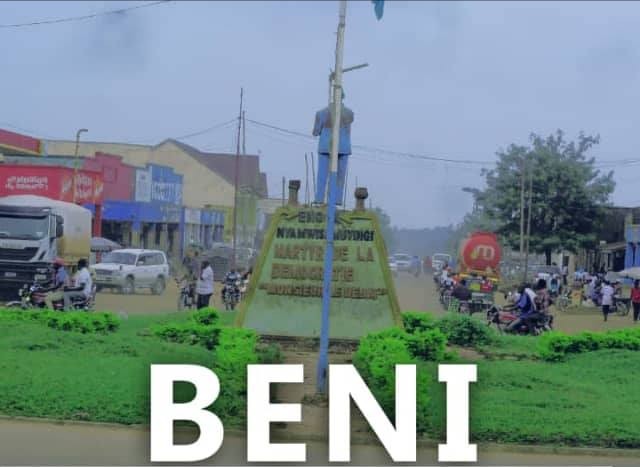
 Sociétéil y a 5 ans
Sociétéil y a 5 ansBeni: La société civile appelle à l’incivisme fiscal pour contraindre les autorités à restaurer la paix
-
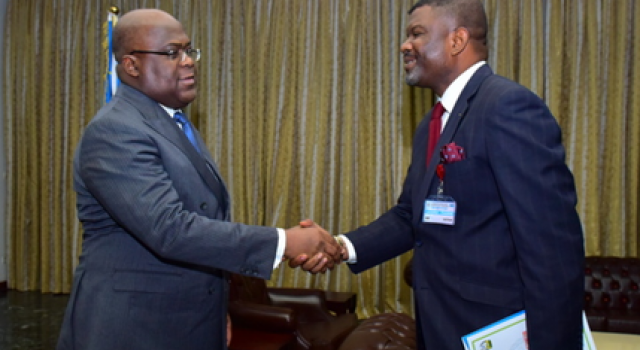
 Politiqueil y a 4 ans
Politiqueil y a 4 ansRDC : le gouverneur Kabuya du Kasaï Central et un élu de l’UDPS dans la suite de Félix Tshisekedi à Londres pour le sommet sur l’Investissement
